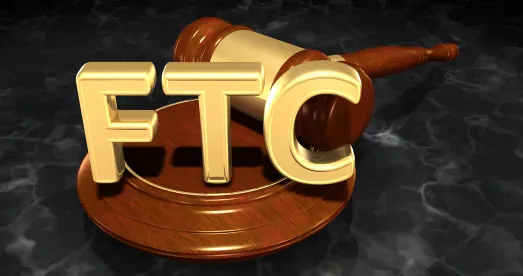In a dramatic turn of events, the United States Court of Appeals for the Eighth Circuit has vacated the Federal Trade Commission’s (FTC) Click-to-Cancel Rule, which was set to take effect on July 14, 2025. While businesses can breathe a sigh of relief as the rule’s stringent consent and disclosure requirements have been overturned, companies offering subscription-based or auto-renewing products and services should remain vigilant. The Restore Online Shoppers’ Confidence Act (“ROSCA”) and various state auto-renewal laws still impose significant obligations that overlap with the now-vacated rule.
The Click-to-Cancel Rule, approved by a divided FTC on October 16, 2024, aimed to regulate negative option marketing practices, including auto-renewal features. The rule required businesses to clearly state the material terms of offers, obtain proof of consumer consent, and provide a cancellation mechanism that is as easy to use as the method used to enroll. Post-approval, the rule faced a barrage of legal challenges, with Petitioners asserting that the FTC had overstepped its bounds and flouted procedural norms in promulgating the rule. The Eighth Circuit appears to have agreed and has vacated the Click-to-Cancel Rule, citing concerns over the FTC’s statutory authority and procedural defaults in the rulemaking process.
The Eighth Circuit found that the FTC failed to conduct the required preliminary regulatory analysis, which would have included a description of reasonable alternatives to the rule, a cost-benefit analysis of each alternative, and an assessment of the effectiveness of the rule and each alternative in achieving the stated objectives. The Eighth Circuit further found that the failure to conduct such preliminary regulatory analysis was prejudicial because the Petitioners did not have the opportunity to convince the FTC to change course on implementing the rule. The Eighth Circuit concluded that vacating the rule was appropriate in light of the prejudice suffered as a result of the procedural error.
The ball is now back in the FTC’s court to further appeal to the Supreme Court or go back to the drawing board and restart the process of implementing the rule and following the necessary procedural requirements.





 />i
/>i

